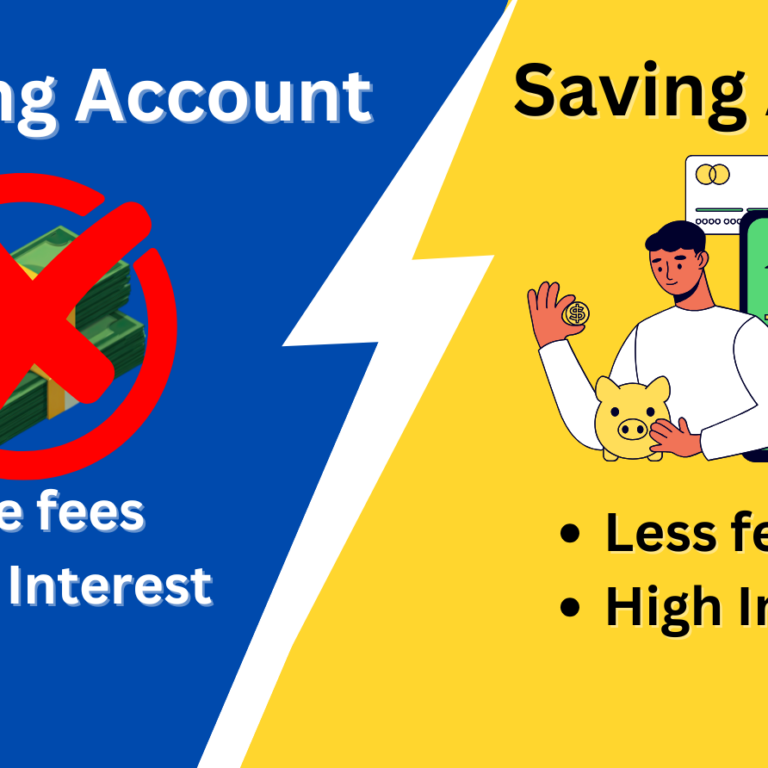Budgeting 101: Your Roadmap to Financial Freedom
Living within your means and achieving financial stability starts with a simple yet powerful tool: budgeting. Budgeting is the process of creating a plan for your income and expenses, ensuring you don’t spend more than you earn. It’s your roadmap to financial freedom, empowering you to make informed financial decisions, build savings, and reach your financial goals.
Why is Budgeting Important?
Budgeting offers numerous benefits:
- Financial Clarity: It provides a clear picture of your income and spending habits, allowing you to identify areas where you can save or adjust your spending.
- Debt Management: Budgeting helps you control your debt by allocating funds towards debt repayment, preventing further financial strain.
- Goal Setting: By understanding your financial situation, you can set realistic financial goals, whether it’s saving for a down payment, a dream vacation, or a comfortable retirement.
- Reduced Stress: Knowing you have a plan and are living within your means can significantly reduce financial stress and anxiety.
Creating Your Budget: A Step-by-Step Guide
Here’s how to create a budget that works for you:
- Gather Your Information:
○ Income: List all your income sources, including salary, side hustles, rental
income, etc.
○ Expenses: Track all your monthly expenses, categorized as fixed (rent, utilities)
and variable (groceries, entertainment). - Calculate Your Income:
○ Add up all your income sources to determine your total monthly income. - Categorize Your Expenses:
○ Group your expenses into categories like housing, food, transportation, debt
payments, entertainment, etc.
○ Estimate the average monthly amount you spend in each category. - Set Realistic Goals:
○ Based on your income and expenses, set realistic financial goals for saving, debt
repayment, or other financial aspirations. - Choose a Budgeting Method:
○ 50/30/20 Rule: Allocate 50% of your income to needs (housing, food), 30% to
wants (entertainment, dining out), and 20% to savings and debt repayment.
○ Zero-Based Budgeting: Allocate every dollar of your income to specific
categories, ensuring no leftover funds. - Track Your Progress:
○ Use budgeting apps, spreadsheets, or notebooks to record your income and
expenses throughout the month.
○ Regularly monitor your progress and adjust your budget as needed.
Sticking to Your Budget: Top Tips
Maintaining your budget requires commitment and discipline. Here are some helpful tips:
- Review Your Budget Regularly: Regularly assess your spending habits and adjust your budget accordingly.
- Automate Savings: Set up automatic transfers to your savings account to ensure consistent savings.
- Prioritize Needs Over Wants: Differentiate between essential needs and discretionary wants. Prioritize spending on necessities first.
- Embrace Small Wins: Celebrate small victories, like achieving savings goals or reducing debt, to stay motivated.
- Seek Support: Don’t hesitate to seek help from financial advisors or online resources for additional guidance.
Additional Resources:
- Budgeting Apps: Numerous budgeting apps like Mint, YNAB, and Personal Capital can help you track your finances effortlessly.
- Financial Websites: Websites like NerdWallet and Investopedia offer valuable budgeting tools, articles, and resources.
- Financial Advisors: Consulting a financial advisor can provide personalized guidance and support tailored to your specific financial situation.
Remember: Budgeting is an ongoing process. It takes time, effort, and adjustments as your
financial circumstances evolve. By following these steps and utilizing available resources, you
can build a budget that empowers you to take control of your finances and achieve your
financial goals.
Interactive Tools:
Here are some links to websites offering downloadable budget templates, expense tracking
tools, and budgeting calculators:
Downloadable Budget Templates:
● NerdWallet: Offers a free budget planner worksheet in various formats (PDF, Excel,
Google Sheets):https://www.nerdwallet.com/p/mobile-app
● MoneyHelper: Provides a free online budget planner with expense tracking
capabilities:https://www.moneyhelper.org.uk/en/everyday-money/budgeting
● Microsoft Office: Offers downloadable budget templates for Excel and Word:
https://create.microsoft.com/en-us/templates/budgets
Expense Tracking Tools:
● Mint: A popular free budgeting app that allows you to track income, expenses, and set
financial goals:https://mint.intuit.com/
● YNAB (You Need a Budget): A subscription-based budgeting app known for its
envelope budgeting method:https://www.ynab.com/
● Personal Capital: A free financial management platform that includes expense tracking
and budgeting tools:https://home.personalcapital.com/page/login/goHome
Budgeting Calculators:
● Voya Budget Calculator: Calculates your budget based on income and expenses:
https://www.voya.com/page/on-demand/budget-calculator
● NerdWallet Budget Calculator: Offers various budgeting calculators for different
scenarios:https://www.nerdwallet.com/article/finance/nerdwallet-budget-calculator
● MoneyHelper Budget Planner: Includes a built-in budget calculator within their online
tool:https://www.moneyhelper.org.uk/en/everyday-money/budgeting






